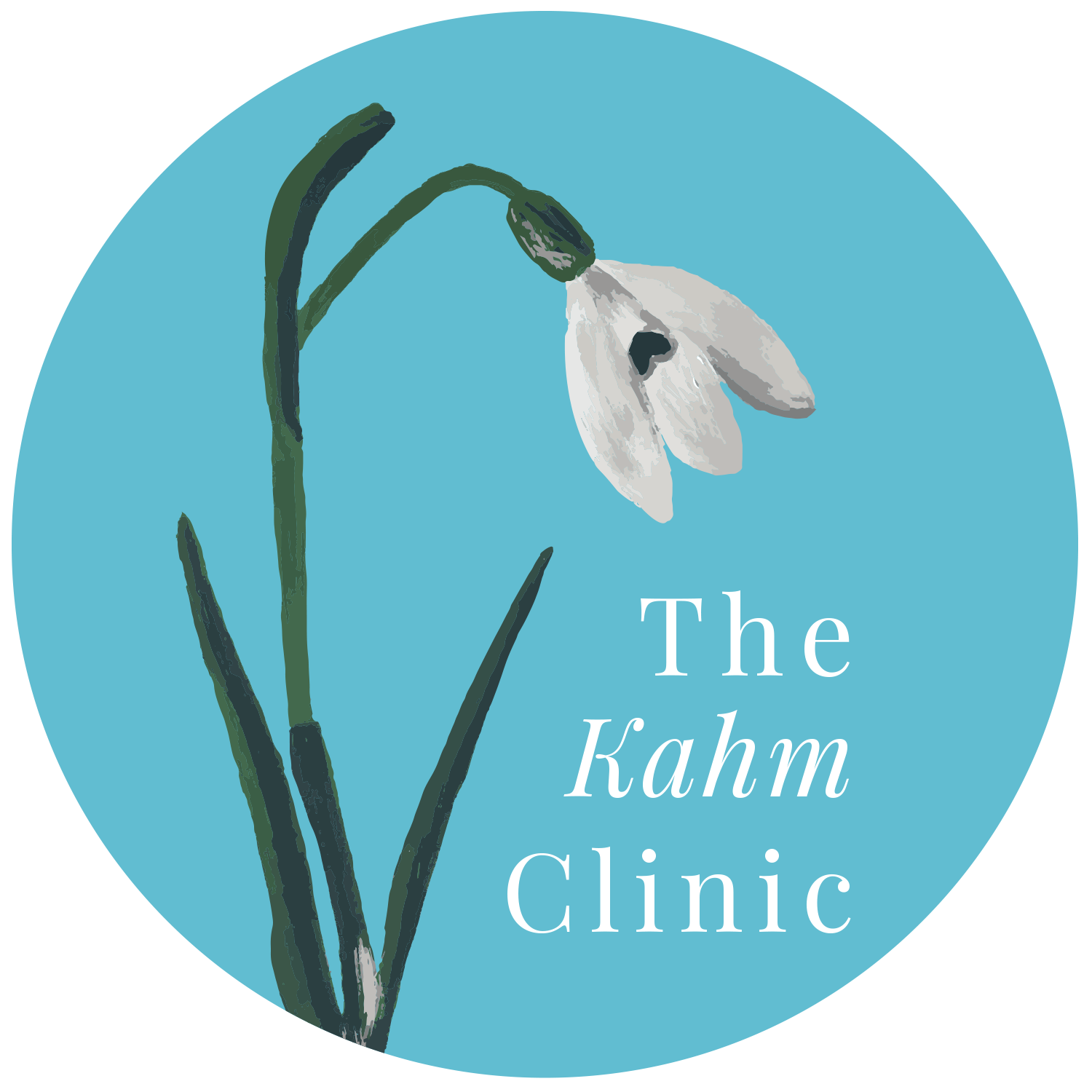Lawmakers to Help with Eating Disorder Treatment Options in Vermont
Several eating disorder treatment advocacy groups recently reported that 9 percent — or 55, 132 Vermonters — will have an eating disorder in their lifetime. While eating disorders affect both men and women, women are twice as likely to struggle. Individuals range in age from 5 to 80 and older, but adolescents, teens, and young adults are impacted the most. This impact comes at an economic cost. Findings estimate that 123.9 million dollars is lost annually in productivity, informal care, efficiency, and health system costs due to eating disorders. It’s easy to see, then, that the need for accessible help and resources in Vermont is very real.
The Kahm Clinic in Burlington, Vermont
WCAX in Burlington recently visited our office and interviewed nutritionist Elaina Efird, RDN, CD, CEDRD, CSSD about the lack of adequate care options. She revealed that one patient travels two-and-a-half hours to see her — proof positive that “there’s not enough treatment in the state of Vermont.” The Kahm Clinic’s waitlists reflect this idea as well: Although we try to prioritize eating disorder patients, it often still takes a month to see someone new.
“That’s really scary if someone’s got a really dire situation,” she explains. In those instances, she tries to help as best she can with meal planning and metabolic testing.
Even so, the reality is that individuals with severe eating disorders need inpatient care with meal support three times a day. “They literally have to leave the state and go seek treatment,” Elaina adds.
This situation was the case for Abby Hawkins, a student at George Mason University who says her eating disorder started at the age of 12. “I realized that if I didn’t do something about it, it was just going to kill me or I’m not going to live any life that’s worth living,” she shares about making the decision to seek help last winter.
While home in Vermont for remote schooling, she spent a week in the hospital. She then had to go to Massachusetts to get the inpatient treatment she needed to begin recovery. After that, she says her insurance wouldn’t cover residential care.
“It took a long time to come to terms with how bad the problem was to get to the point to ask for help, and then to hit so many walls in access to treatment, it made me question if my eating disorder was actually that bad, if I actually needed to get help,” Abby explains. She adds that, had the resources been available, she would have sought treatment earlier.
How Vermont Lawmakers Hope to Help
Fortunately, lawmakers are stepping in to help create higher levels of eating disorder care in the state. Senator Ruth Hardy of Addison County knows firsthand that eating disorders are the second deadliest mental illness, having lost a childhood friend to the disease. Additionally, she says that her teenage daughters have friends who have struggled to find care or even support groups within the state.
Last week, she’s added language to a Senate bill that would require the health department to create a working group to find out what services Vermont has and doesn’t have in an effort to ultimately improve them. The hope is to have a report by January 2023 so they can take action next session.
The Kahm Clinic welcomes any and all help. As Elaina shares, “In an ideal world, there would be a residential place, a partial hospitalization option, and then an outpatient place.” The Green Mountain Care Board is currently looking at a certificate of need from The Kahm Clinic for an intensive outpatient and partial hospitalization treatment center here in Vermont.
While it wouldn’t treat residential patients, it would address higher levels of care than The Kahm Clinic can currently treat. Hopefully, this improvement in treatment would prevent some patient’s eating disorders from progressing to the point where they need full inpatient care. The project would be built in Chittenden County and serve about 30 to 40 individuals at a time. Additionally, they would accept Medicaid patients.
Click here for more information about the proposal. The application is currently closed, and the Green Mountain Care Board is deliberating whether to grant us permission to move forward with this program.
To talk to a professional about eating disorder treatment, nutritional needs, and more, please reach out to our staff or schedule an appointment at The Kahm Clinic today.

